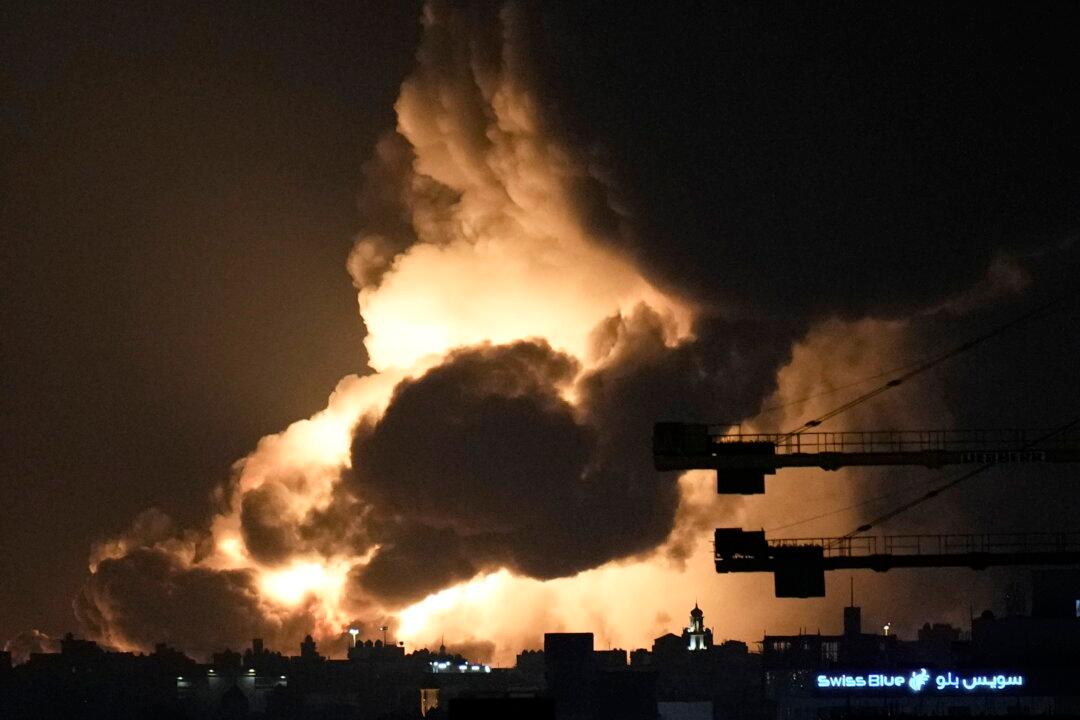Attacks on Saudi Arabia’s oil and gas sector are threatening the kingdom’s ability to ensure energy security, the country’s energy minister Prince Abdulaziz bin Salman said at the World Government Summit in Dubai while adding that the markets are going through a “jittery period.”
His comments came after Saudi Arabia faced another attack from Iran-backed Houthis on March 25. Cross-border attacks have compromised “our ability to supply the world with the necessary energy requirements,” the minister said, according to AP.





